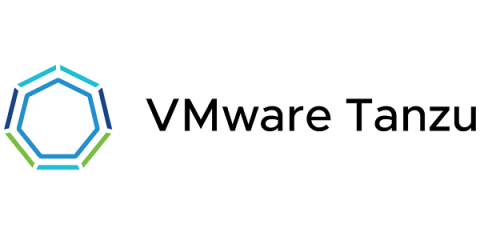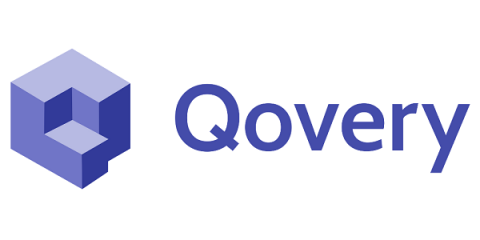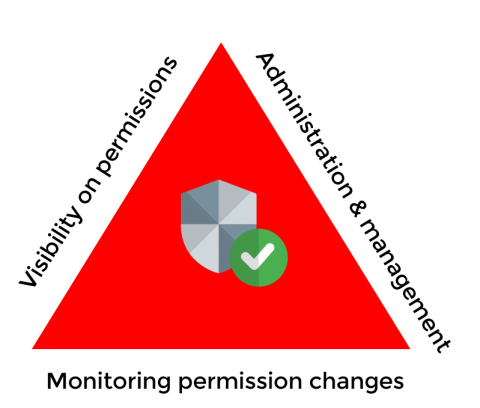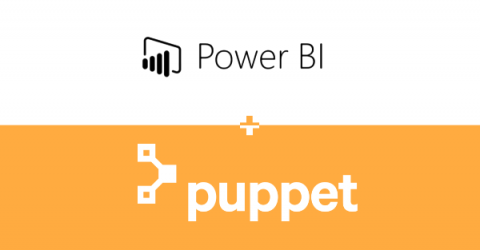Creating Organizations and Teams and Managing Permissions In Cloudsmith
One reason for building a ‘single source of truth’ for software assets is that it gives the organization control over who can use what when. The ‘wild West’ of public repositories gives no control at all and can lead to a situation in which packages and dependencies of dubious provenance are integrated into builds without a second thought. Within the Cloudsmith world, we want to have the maximum security and control possible.











